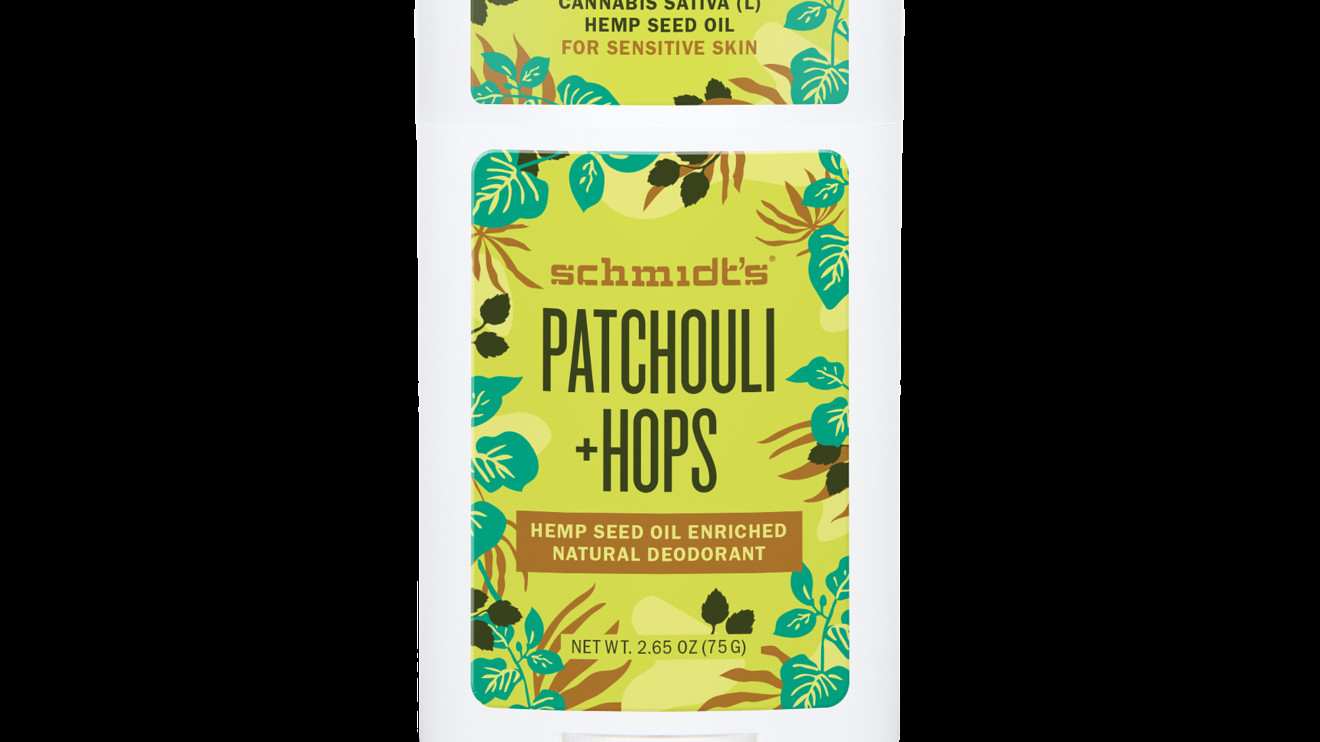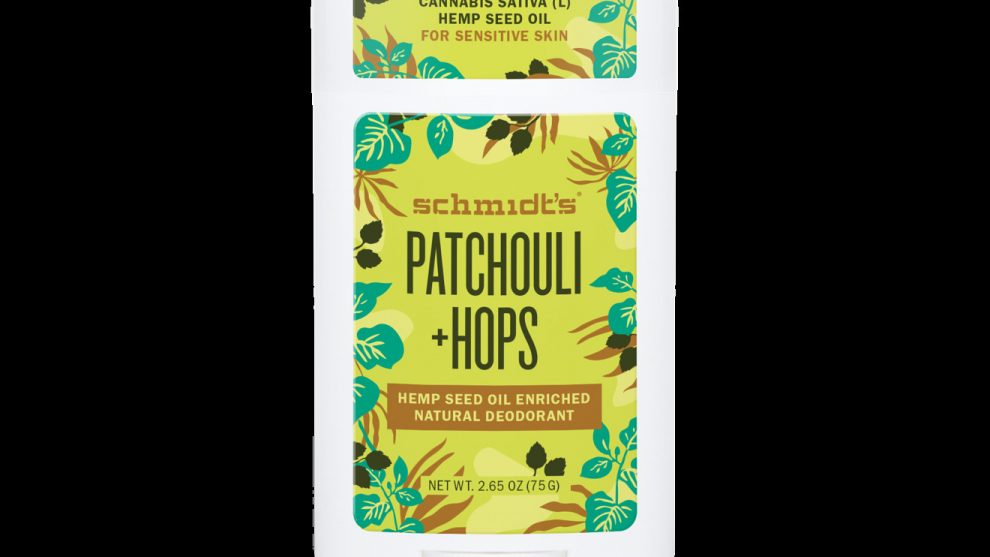
Anglo-Dutch consumer goods giant Unilever PLC will be taking its first step into the U.S. hemp market in September, when its subsidiary brand Schmidt’s Naturals launches a line of hemp-oil deodorants that will be available at certain retailers.
That line will be followed later in the fall by a separate range of CBD products, according to Schmidt’s Naturals CEO Michael Cammarata. That’s assuming that regulations for CBD, a non-intoxicating ingredient in the cannabis plant, have been clarified by then, he told MarketWatch.
“We are working with our supply chain to ensure that we comply with FDA and state rules,” Cammarata said.
CBD was expected to be fully legalized along with hemp as part of the December Farm Bill, but instead it was moved under the purview of the U.S. Food and Drug Administration from the Drug Enforcement Administration. That’s because the FDA views it as a drug.
CBD is an ingredient in the only cannabis-based drug that has won FDA approval as a treatment for severe forms of childhood epilepsy. The FDA has promised to hold talks on regulating the substance this month and outgoing commissioner Scott Gottlieb said he would seek pathways for approval. But until those have been created, the FDA is not allowing companies to add CBD to food, beverages or cosmetics, forcing many companies to put their plans on hold.
For all of MarketWatch’s coverage of cannabis companies, click here.
Read now: Cannabis stocks lower as investors await the fate of the States Act
Schmidt’s Naturals has been working on a CBD line for a year and a half, said the CEO, and is looking to ensure a consistent, high-quality supply of the ingredient.
“We believe CBD will be the most powerful thing to happen to personal care products this decade so we are keeping track of state laws and federal requirements,” he said.
Read also: FDA warns companies to stop making ‘unsubstantiated’ claims about CBD curing cancer and Alzheimer’s
Cammarata is expecting the initial launch to be confined to 13 to 14 states. The company is willing to share its research with the regulator, which is under pressure to move quickly to create rules.
Unilever is not the first consumer goods giant to tap the space. Drugstore chains CVS Health Corp. CVS, +0.23% and Walgreens Boots Alliance Inc. WBA, +0.02% have their own plans.
CVS is working with Curaleaf Holdings Inc. CURLF, -1.86% on a line of CBD-based products including creams, sprays, roll-ons, lotions and salves, that has already been rolled out in Alabama, California, Colorado, Illinois, Indiana, Kentucky, Maryland and Tennessee, despite the regulatory uncertainty.
Walgreens is planning to launch creams, patches and sprays in nine states, according to a CNBC report from March.
Until now, most the tie-ups between traditional companies and the new cannabis sector have come from beverages companies, which also have CBD ambitions.
Constellation Brands Inc. STZ, -0.33% has made the biggest commitment so far, with a $4 billion investment in Canada’s Canopy Growth Corp. CGC, +5.51% WEED, +5.35% Molson Coors Brewing Co. TAP, -0.15% has a joint venture with The Hydropothecary Corp., a Canadian cannabis producer, to develop non-alcoholic, cannabis-infused beverages for the Canadian market.
Anheuser-Busch InBev NV BUD, +0.65% has a partnership with Canada’s Tilray Inc. TLRY, -1.14% to develop nonalcoholic drinks infused with cannabis ingredients.
In the tobacco sector, Altria Inc. MO, +1.04% has made its first investment via a $1.8 billion investment in Cronos Corp. CRON, +1.13% CRON, +0.58%
U.S.-listed shares of Unilever UN, -0.57% ULVR, -0.66% UNA, -0.99% have gained 7.5% in 2019 to date, while the S&P 500 SPX, +0.66% has gained 15%.











